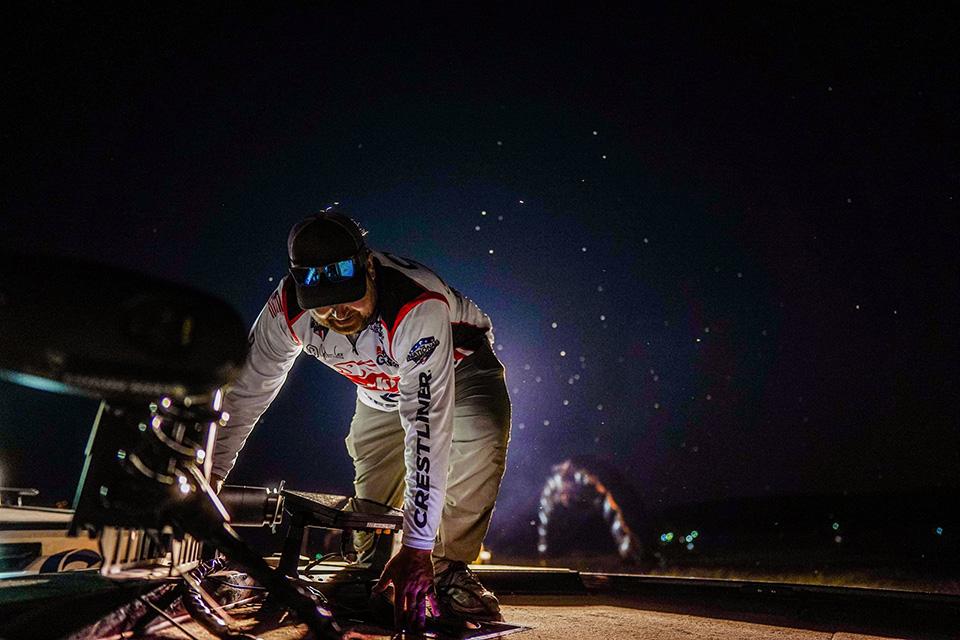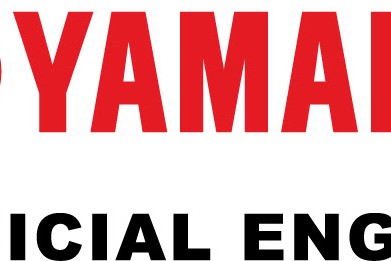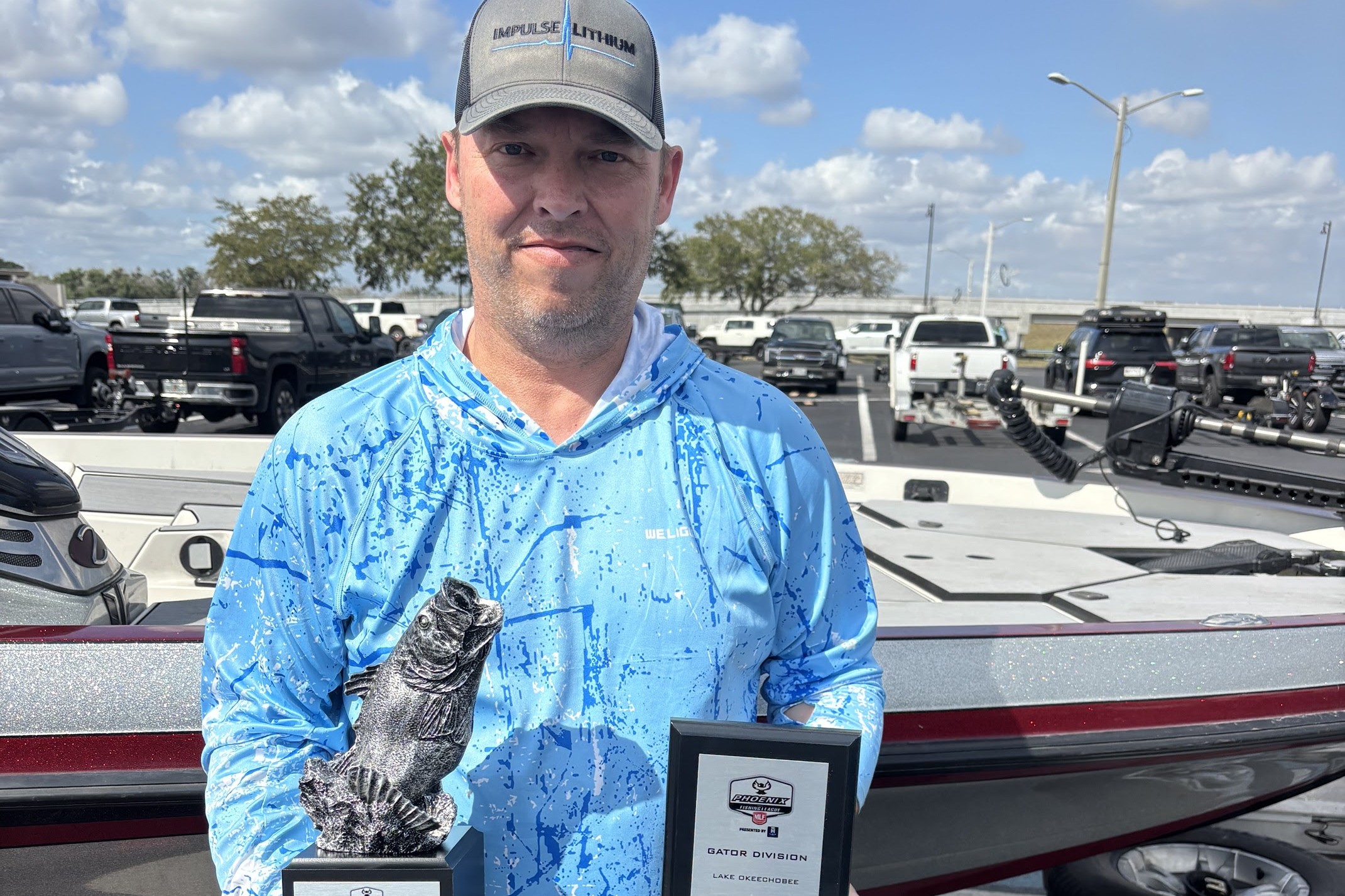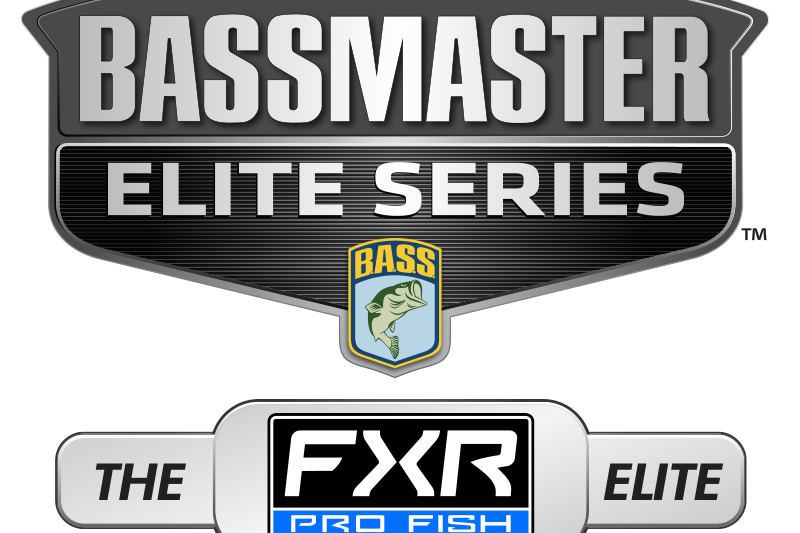BREAKING NEWS: The Future of Forward-Facing Sonar in the NPFL
Story by Brad Fuller | Photos by Tanner & Travis Lyons
After many sleepless nights and countless hours of discussions that touched every corner of the fishing industry, we at the National Professional Fishing League have come to realize several important things about live forward-facing fishing technology.
First, the issue is complex and compounded by the fact that it elicits an emotional response from many.
Second, for rational discussion and decision-making, it’s helpful to remove as much emotion from the process as possible.
Third, there are serious policy and business ramifications associated with taking any position on this technology.
Finally, there is no way to make every stakeholder happy where a technology policy is concerned.
For what it’s worth, I enjoy using forward-facing sonar in my personal fishing, and I’m grateful for what’s it’s taught us about bass behavior. It’s an incredible tool, and no matter your attitude toward the technology, it’s undeniable that it’s impactful for bass catching. Our concern at the NPFL is whether it’s a proper tool for competitive bass fishing.
Every sport has equipment rules to protect the players and the integrity of the game. As examples, Major League Baseball does not allow aluminum bats so as to protect certain players on defense and to preserve the game’s legacy. Auto racing has restrictions on engines and other equipment to protect drivers and ensure competitiveness. The Professional Golfers’ Association prohibits balls that use technology to overcome shortcomings of skill.
Tournament bass fishing is not different from these other sports in its need to protect the integrity and appeal of the game.
At NPFL, we do not want competitive bass fishing to become a technology arms race where anglers stare at a screen, targeting pixels and losing their connection to the fish we love so much. Forward-facing sonar is changing the ways that anglers approach competition and the ways that fans consume content. It’s also reducing the methods and baits that anglers use to compete.
Our sport is too important and too diverse to allow technology to shrink it to a handful of methods and tackle. Robust competition requires variety, experience, and broad skills. It must be more than an expensive video game.
The early sonar units of the 1950s were revolutionary. Since that time, most of the advancements have been changes of degree. With the introduction of forward-facing sonar in 2018, the change was qualitative — a change in kind that threatens to alter the very nature of our sport. It’s a technology we can appreciate and admire without allowing it to undermine our ultimate goals — to deliver the highest level of competition in the fishing world, to raise the sport to greater heights, and to share our passion.
Starting with the 2025 season, the NPFL will prohibit the use of real-time imaging units—commonly referred to as “live forward-facing sonar”—during official practice and competition. Other sonar (e.g., 2D, side imaging, 360, et al.) will continue to be permitted. The use of future technology will be evaluated on a case-by-case basis.
The 2025 NPFL Championship will be conducted using 2024 rules. It’s only fair that the anglers who qualified for the Championship be allowed to compete under the same rules under which they qualified.
We considered intermediate measures that fell short of a complete restriction but believe they would be insufficient to protect the sport. Limiting transducers or screens or only allowing the technology on certain days or hours are half measures that may quiet some opponents of the technology, but they are unlikely to reduce its impact.
Our decision was neither easy nor made quickly. It is ultimately a business decision made after much due diligence and unclouded by conflicting business relationships.
We are committed to upholding the tradition and integrity of competitive bass fishing.
This decision will be met with some approval and some criticism, but we’re confident that this is the right decision at the right time for the sport and for the NPFL.














